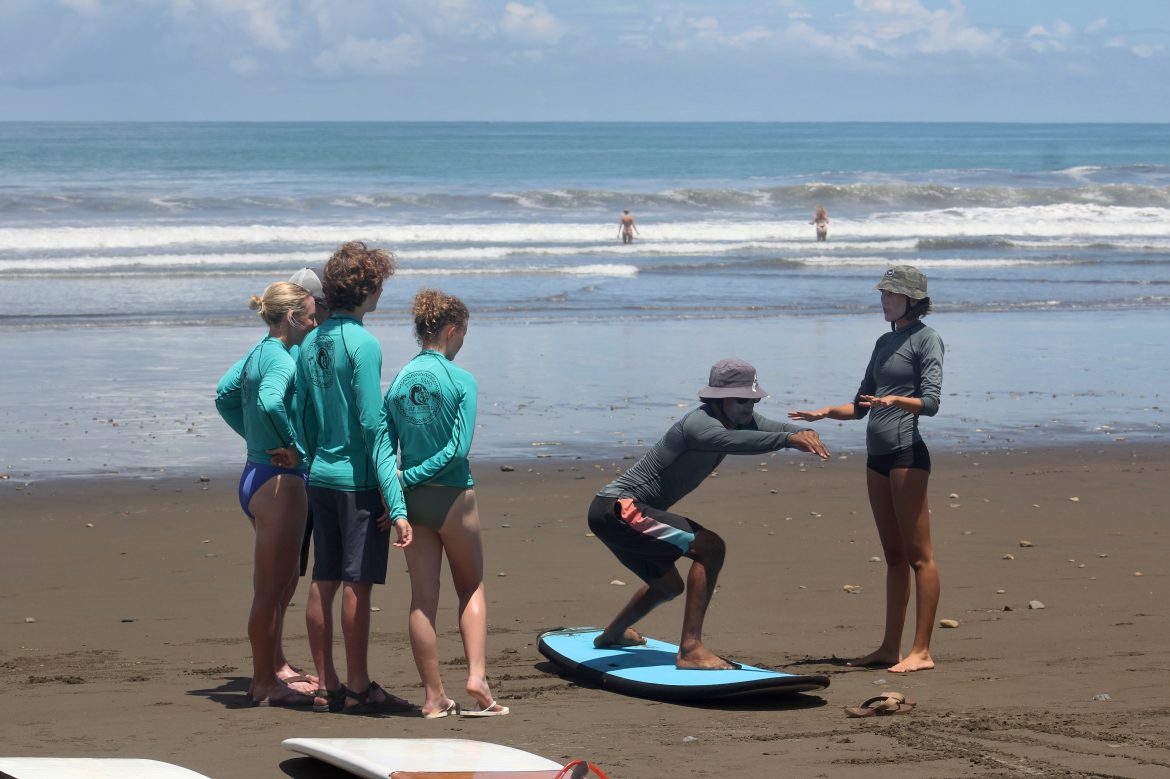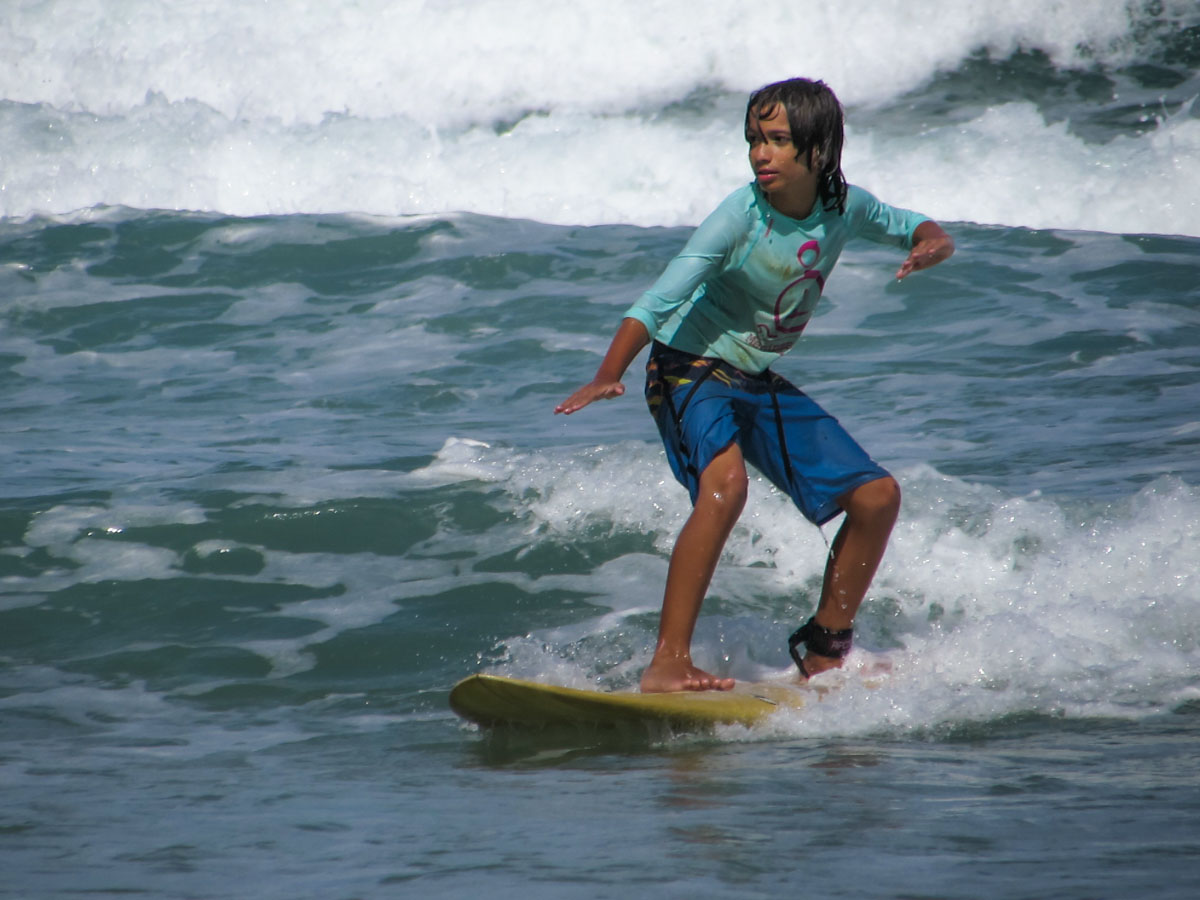Preparing for your first surf camp can be an exciting experience. Whether you’re a complete beginner or have some surfing experience under your belt, proper preparation can enhance your enjoyment and make the most of your time on the waves at surf camp.
Research the Camp: Start by researching different surf camps to find one that aligns with your skill level, budget, and preferences. Look for reviews, check out their instructors’ qualifications, and ensure the papayasurfcamps offer suitable accommodations and facilities.
Get Fit: Surfing requires physical strength, balance, and stamina. Engage in exercises that improve your core strength, flexibility, and cardiovascular fitness. Yoga, swimming, and strength training are excellent options to prepare your body for the demands of surfing.
Learn the Basics: Familiarize yourself with basic surfing terminology, techniques, and safety guidelines. Watch instructional videos, read books, or take a beginner’s surfing lesson before your camp to build a foundation of knowledge.
Pack the Essentials: Make a checklist of essential items you’ll need for your surf camp. This may include a wetsuit, rash guard, surfboard (if you have one), sunscreen, towel, swimwear, flip-flops, and a reusable water bottle. Don’t forget any personal medications or first aid supplies.

Choose the Right Gear: If you don’t own surfing gear, inquire whether the surf camp provides rental equipment. Ensure that your wetsuit fits snugly and provides adequate warmth for the water temperature at your destination.
Practice Swimming: Strong swimming skills are essential for surfers, as you’ll need to navigate through waves and currents. Spend time swimming in the ocean or a pool to improve your confidence and endurance in the water.
Protect Your Skin: Sun exposure is inevitable while surfing, so apply a waterproof sunscreen with a high SPF rating to protect your skin from harmful UV rays. Reapply sunscreen regularly, especially after swimming or sweating.
Stay Hydrated and Nourished: Surfing is physically demanding and can lead to dehydration, so drink plenty of water throughout the day. Pack nutritious snacks and meals to fuel your body and maintain energy levels during long surfing sessions.
Practice Patience and Persistence: Surfing is challenging and may require numerous attempts before you catch your first wave. Be patient with yourself, stay positive, and embrace the learning process. Remember that every wipeout is an opportunity to learn and improve.
Respect the Ocean: Before hitting the waves, familiarize yourself with local surf etiquette and safety guidelines. Respect other surfers, observe right-of-way rules, and be mindful of potential hazards such as rocks, reefs, and rip currents.

